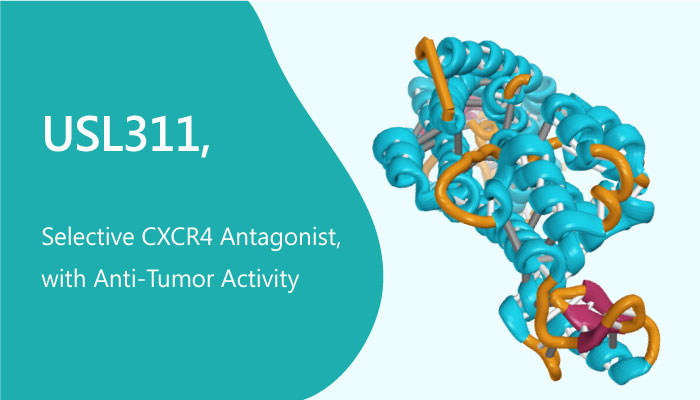Cancer is most serious diseases as we often mentioned in our blog. It involves abnormal cell growth. These cells have the potential to invade or spread to other parts of the body.
Many cancers are named by the tissue where it develops, such as breast, bladder, colon, rectum and liver cancers. There are more than 100 kinds of cancers that affect people’s lives. Many factors become the main cause of cancer, such as tobacco use, smoking, excessive drinking and lacking of physical activity. Millions of people are suffered from cancer in one year. What is worse, the number increases sharply.
CXC chemokine receptors (CXCR) are membrane proteins, specifically bind and respond to the CXC cytokines. CXCR contains seven members in mammals. They are CXCR1, CXCR2, CXCR3, CXCR4, CXCR5, CXCR6 and CXCR7.
CXCR4 (fusin) is the receptor of chemokine CXCL12 (SDF-1). It exists in various cells, including neutrophils, dendritic cells, monocytes, langerhans cells, T and B cells and macrophages. In lots of cancer cells, SDF-1 is over-expressed. CXCR4 is activated to locate on the surface of cancer stem cells and a lot of immune cells. The interaction of CXCR4-SDF-1 significantly regulates cancer stem cell trafficking in the body. Therefore, it is necessary to find out an inhibitor or antagonist of CXCR4-SDF-1 against cancers.

In a patent, researchers discovered a potent antagonist, USL311. It antagonizes CXCR4 activity. Moreover, USL311 has effective effects on breast, bladder, colon, rectum and liver cancers.
In order to find out the potential of USL311 against cancer, researchers need to do further study.
References:
1. Peter Richardson. WO2018162924A1.